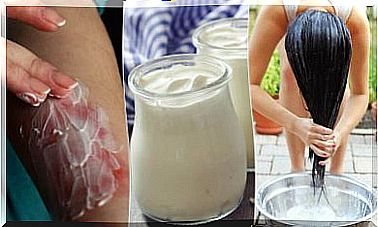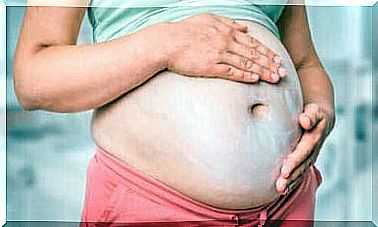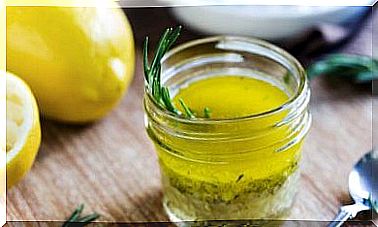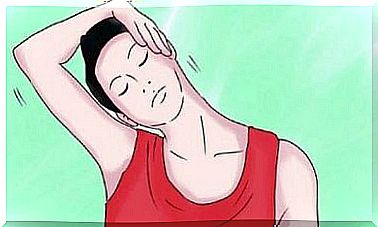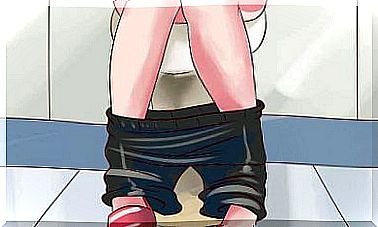Edema: 6 Tips To Fight It Through Diet
Increasing consumption of water and avoiding foods rich in sodium can help stimulate kidney and lymphatic function to combat edema.
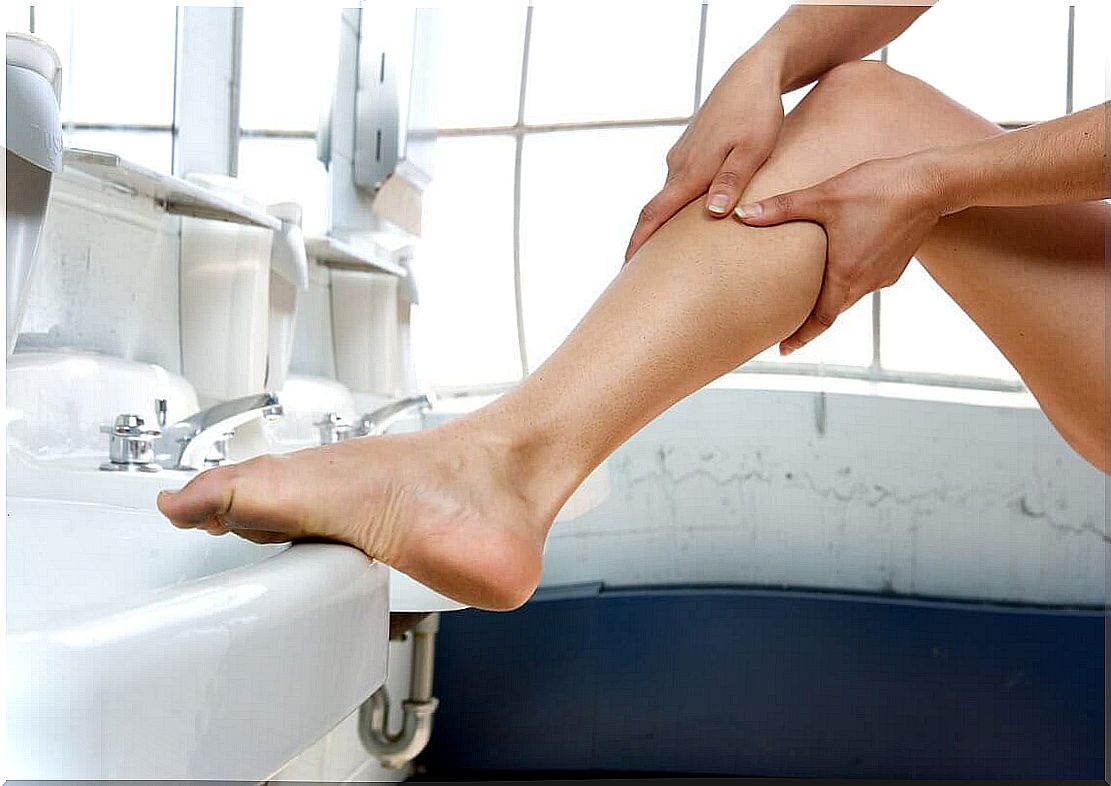
People who have edema can improve symptoms by making some changes in their eating habits.
There are, of course, various factors that play a role in the development of this health problem. However, it can be better controlled through healthy eating habits.
This is because various foods promote the functioning of the kidneys and lymphatic system, which is crucial in draining the accumulation of fluid in the tissues.
They also contain important nutrients that regulate electrolytes and keep swelling under control.
Do you feel an uncomfortable feeling of heaviness? Do you notice any swollen limbs?
If you experience these and other symptoms of fluid retention, try our nutrition tips after consulting your doctor.
What is edema?
Edema is a phenomenon whose main symptom is the accumulation of fluid in the organism. It is caused by a lack of control over the processes that regulate the movement of fluids in the body, causing an inflammatory response.
This is not a disease in and of itself; edema can appear as a symptom of kidney disease, high blood pressure or sudden hormonal fluctuations.
In some cases, edema is a consequence of a lifestyle that includes insufficient exercise and a diet high in sugar, sodium, and fats.
Signs of edema
The symptoms of edema vary from person to person, depending on the severity and the disease that is behind it. Generally speaking, however, there are some common, common signs that can be identified:
- Swelling in the limbs, wrists and abdomen
- Heaviness in the body
- Gaining weight for no apparent reason
- Tiredness and general malaise
- Cellulite on the buttocks, thighs and stomach
- Bags under the eyes
- Reduced urine
Tips to combat edema through diet
Some cases of edema need medical attention , but often just making a few dietary changes can help control it.
So today we’d like to share 6 pieces of good advice with you.
1. Consume olive oil in moderate amounts
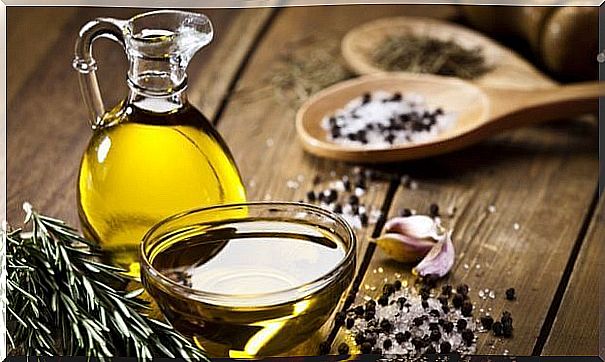
Consumption of olive oil and other healthy fats has interesting effects on our health. Due to the composition of its nutrients , it promotes the absorption of some essential vitamins and also reduces inflammation.
However, you should definitely not consume more than three spoons a day, otherwise it will promote edema!
2. Drink plenty of water and healthy fluids
Consumption of water, teas, and detox soups can stimulate urinary excretion, which also promotes the elimination of fluid retention.
These drinks improve circulation and kidney function to reduce the presence of fluid in the tissues.
3. Consume less salt
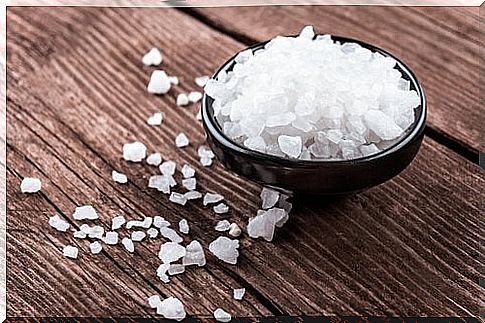
Even if salt has always been used in the kitchen, it is not recommended if you have edema. This is because too much sodium creates imbalances in the body, which can make this problem even worse.
Therefore you should avoid table salt and the following foods:
- Sausages
- industrial pastries
- Canned food
- Hard cheese
- carbonated drinks
- Fried and savory biscuits from the bag
4. Consume more diuretic foods
Diuretic foods are those whose composition supports the processes of easing edema.
They are usually high in water, potassium, and magnesium. These nutrients are necessary to improve kidney function.
Some effective options are:
- artichoke
- pineapple
- melon
- Watermelon
- Beetroot
- asparagus
- Field horsetail
- Parsley and celery
- ginger
- cinnamon
5. Drink green tea for breakfast

The diuretic agents and antioxidants found in green tea can help you solve this problem. It is therefore advisable to have this drink in the morning or in the morning.
It is a good alternative to coffee or other beverages that do not provide any relief at all.
6. Eat more fruits and vegetables
You can provide your body with some important nutrients that support the functioning of the kidneys and lymphatic system by eating fresh and raw foods such as fruits and vegetables.
The antioxidants, fiber, and minerals in it can work together to help reduce inflammation.
It is best taken three times a day and considered part of the treatment for edema.
In the case of heaviness and pain in the limbs, it can even be consumed five times a day, either in its natural state or as a juice or smoothie.
Do you have a problem with edema? Then let your doctor examine you and follow our tips after consultation with him. As you can see, they are very easy to use and you don’t have to follow a strict diet at all.
Give it a try and say goodbye to this uncomfortable problem.

